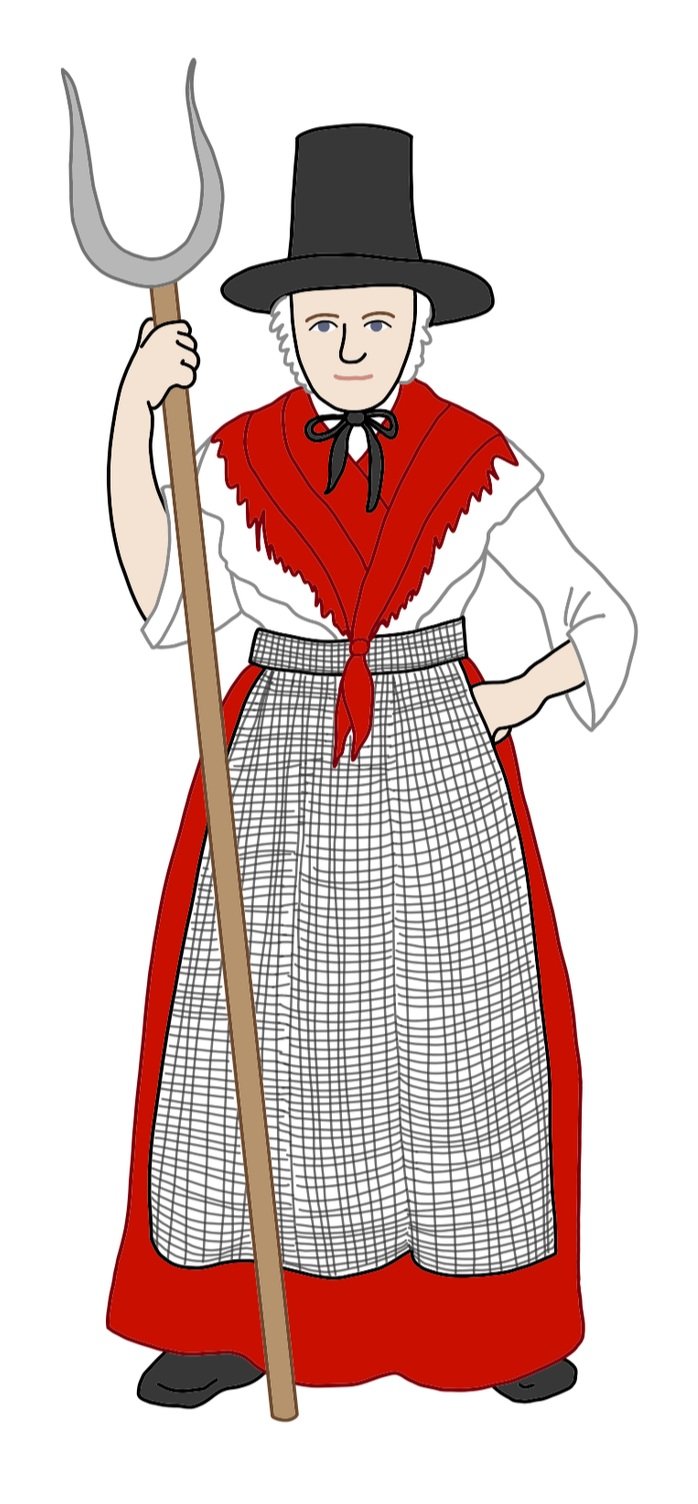February 20th - 26th
“The first railway journey ever; a tunnel to France under the Channel is announced; radar is demonstrated for the first time; and the first £1 note was issued….What a great week for inventions!”
On 20th February…
1986 - Britain and France announced that they would build the Channel Tunnel. Work didn’t begin until 1988 and it finally opened in 1994. At its lowest point the tunnel is 75m below the seabed, it is nearly 38 kilometres long and cost £9 billion to build. Did you know that it is the longest undersea tunnel in the world? Did you also know that the Victorians began to excavate a tunnel between England and France? Parts of that tunnel still exist today.
On 21st February…
The first railway journey ever took place in Wales
1804 - The first ever railway journey was made in South Wales by Richard Trevithick on his steam locomotive between the ironworks at Penydarren and the Merthyr-Cardiff Canal, a journey of 9 miles.
On 22nd February…
1371 - Following the death of King David II, son of Robert the Bruce, King Robert II became King of Scotland starting the Stewart (or Stuart) Dynasty. Initially they were only rulers of Scotland, but in 1603 upon the death of Queen Elizabeth I, her cousin, the Scottish King James VI also became king of England and the Stuart Dynasty ruled over the two countries.
French invaders rounded up by a brave Welsh woman called Jemima Nicholas
1797 - The last invasion of Britain took place at Fishguard in Wales. The French troops who tried to invade were not as successful as their ancestors the Normans had been over 700 years before. These invading soldiers became distracted by the rich food and wine that they looted from the locals who, in turn, had recently looted it from a grounded Portuguese ship nearby. Whilst the soldiers were enjoying themselves, a brave lady by the name of Jemima Nicholas marched out to Llanwnda where they had landed and with a pitchfork in her hand, rounded up 12 of the French soldiers and promptly locked them in a church before going off in search of more. By 25th February the invading troops had all surrendered to a local militia group. I doubt the French soldiers ever thought that they’d be beaten by a Welsh woman waving a pitchfork, but I bet they never wanted to see her again.
On 23rd February…
Samuel Pepys is born in London
1633 - Samuel Pepys, the famous diarist, was born near Fleet Street in London. In his diary, he recorded events such as the Great Fire of London and the Plague.
Do you keep a diary? Have you written about the current COVID pandemic? What do you think people 500 years from now would say if they found your diary?
On 24th February…
616 - King Aethelbert the Anglo-Saxon king of Kent died. He is thought to have been the first Anglo-Saxon king to welcome Christianity. Before then most Anglo-Saxons believed in similar gods to the Vikings: Woden, Thunor, Frige and Tiw. Some of our days of the week have been named after these gods, can you work out which days they are? (Woden’s day = Wednesday / Thunor’s day = Thursday / Frige’s day = Friday / Tiw’s day = Tuesday)
1303 - The Battle of Roslin took place in Scotland between English and Scottish troops. The Scottish forces, who by most accounts were outnumbered by 30,000 to 8,000 defeated the English and sent them packing in a series of three bloody battles. This was a major victory for the Scottish forces who were led by John Comyn and Simon Fraser as Scotland had not beaten England in battle since the Battle of Falkirk in 1298. With only around 2,000 English soldiers still alive at the end it showed King Edward I that Scotland was still a force to be reckoned with.
On 25th February…
Queen Elizabeth I is excommunicated by the Pope
1570 - Following in the footsteps of her father King Henry VIII, Queen Elizabeth I was also excommunicated by the Pope, although not for the same reasons. Pope Pius V issued the papal bull (public decree or order) entitled ‘Regnans in Excelsis’. This declared that Queen Elizabeth I was not part of the Catholic Church and deprived her of her reign over England. It also ordered all English men and women to disobey her laws or commandments and that if they continued to listen to her then they too would be excommunicated. The Pope’s actions caused Parliament to pass a law which made it illegal for anyone to bring a Papal Bull into England and another law which made it treasonous to state that Elizabeth I was not the true queen of England. What had Elizabeth I done to deserve this Papal Bull? She had made England a Protestant country again.
On 26th February…
1797 - The Bank of England issued the very first £1 note. The last English £1 note was printed by the Bank of England on 31st December 1984 and was withdrawn from circulation in 1988 in favour of the £1 coin. (Scotland continues to issue £1 notes which can be used anywhere in the U.K.)
Radar is demonstrated for the first time
1935 - Radar was first demonstrated by Robert Watson-Watt in Daventry, England. Radar is a detection system that uses radio waves to determine the distance, speed and angle of various objects. Radar stands for Radio Detection And Ranging.
Can you imagine how an air traffic controller would guide all the aeroplanes to the airport without this invention? There would probably be a lot of air collisions.




